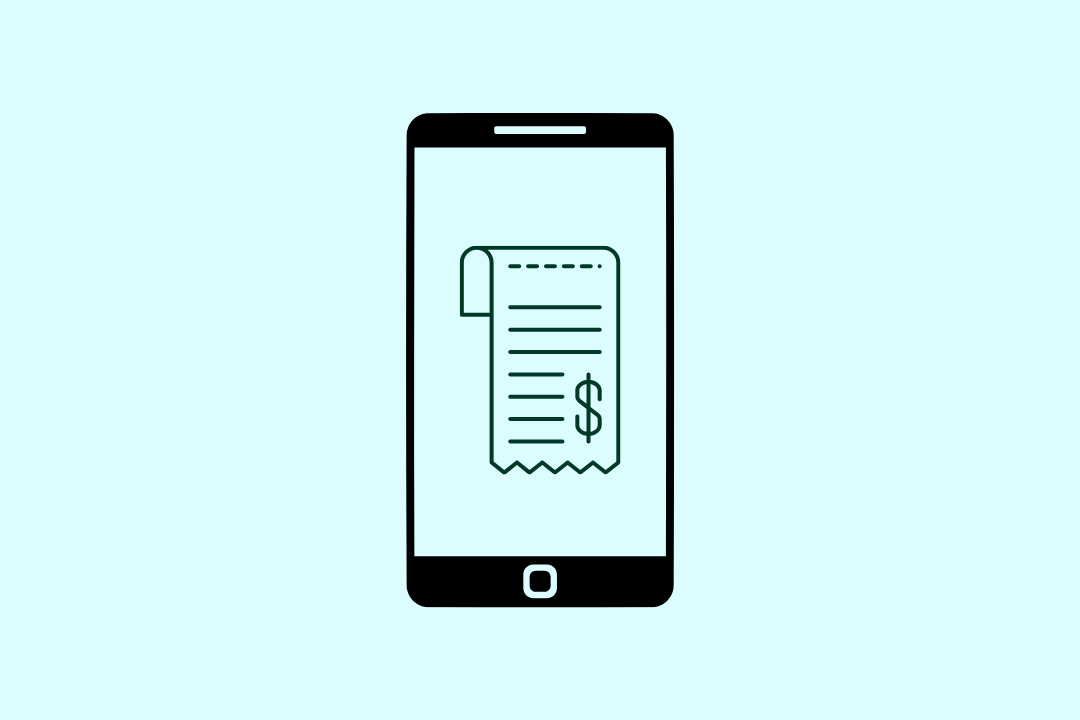Simplify Your Finances With These Steps – 10 Proven Strategies
Finances are one of the biggest stressors for many people, whether it’s due to a shortage of money, high expenses, paperwork, overdue payments, etc.
By simplifying your finances and having a plan to manage them, you can overcome the stress caused by them.
If you’re feeling that your monthly finances have become too difficult to manage and started to impact your mental well-being, it may be time that you took a different approach and simplify your finances.
Why is Money so Stressful?
Everything costs money. Our economies and lives run on money today. Your ability to put a roof over your head, pay bills, have food, access healthcare, educate your children, and give your family a good life depends on having enough money.
And when you don’t have enough of it, it can burden the well-being of yourself and your family.
Just earning money isn’t enough, you also need to learn to manage your money, allocate it to the right things, and have a plan to save for the future. (Unless you’re very rich and don’t have to even think about money)
And that’s where simplifying your finances becomes important.

How you can Simplify your Finances
1. Make a budget
The first thing you should do to simplify your finances is to create a monthly budget. You know how much money you make either as a couple or individual.
Set aside your expenses and savings, and decide how much money you have to spend for the entire month. Your lifestyle should be in alignment with this budget. This means your spending on food, entertainment, and other expenses should not go beyond what this budget can afford.
2. Pay your expenses first
As soon as you get paid, set aside the money needed to cover all your monthly expenses. This should cover debts, rent, utility bills, subscriptions, and other living expenses.
3. Categorize spending
Once your expenses are paid, you should categorize the balance of your salary into things such as savings, food, entertainment, healthcare, and any other things you may spend money on.
4. Digitalize paperwork
Finances are an area that generates a lot of paper clutter. Invoices, statements, receipts, and agreements can all create a lot of clutter and confusion.
Overcome this by going paperless and opting for digital receipts. Not only will this save you lots of time and space taken up by paper clutter, but make it so much easier to access them later if you need to.

5. Limit credit or high-interest debt
Credit cards are a great option for rainy days or travel points. However, having too many credit cards can lead to overspending without being aware of high interest rates.
Unless you’re very savvy with it, you may find yourself having to pay high interest rates due to missing payments on time. Stick to one credit card and make sure you’re always on top of your credit card repayments.
The same goes for high-interest debt such as loans. Take a loan if you must, but be mindful of how much you can afford to repay monthly without going into further debt. Some people have gone into massive debt due to mismanagement of loans.
6. Have fewer accounts
If you have multiple accounts in different banks, think again. Do you need them? Or even use them? If you have some money sitting in those accounts, then ask yourself why.
Unless there is a great reason like high interest rates on a savings account, you should move them to a consolidated savings account.
You don’t need many accounts. One current account for your daily expenses and two savings accounts (one for long-term savings and one for short-term savings should be enough).
It will become much easier to manage your finances and see exactly where you are with your accounts.
7. Automate your savings
This is a major step. We all say that we will save but never come around to do that. Something will always come up and our savings are how it gets paid for.
The solution? Automate your savings. As soon as you get paid, 10 or 20 percent of your income goes into your savings account.
That way, you learn to work with the rest and adapt your lifestyle to fit the budget you have.

8. Set fewer goals at a time
Having too many goals, financial or nonfinancial can cause stress on you as well as your bank account. For instance, buying a home, repaying all your debts, saving for a world trip, starting your own business, etc all at once can complicate things.
Instead, have one or two goals per year and work fully on those. This will ensure that your efforts are not being splattered into too many things and make you feel like you’re making little to no progress.
9. Invest in mutual funds instead of individual stocks
If you ask any financial expert for advice, they will tell you to invest to grow your money and let it work for you.
And I couldn’t agree more. But the reality is investing is not that simple. Stocks are complicated, crypto is complicated, and it requires a lot of time and effort to learn and manage your hard-earned money.
Instead, talk to a financial expert and explore options such as mutual funds. This will allow you to have a more hands-free approach and let a trusted expert handle your investment.
10. Track and Review
Simplifying your finances is a lot easier once you have these steps and systems properly implemented. Money is something you deal with on a daily basis. Hence it does require you to spend some amount of time managing it.
By tracking and reviewing your spending, savings, debts, and loans as well as investments as much as you can, ideally, once a week, you can stay on top of things and hopefully not stress too much about it.
I hope that you found the above steps and strategies helpful in simplifying your finances and ensuring that you’re making progress every month to eventually achieve your financial goals.












0 Comments